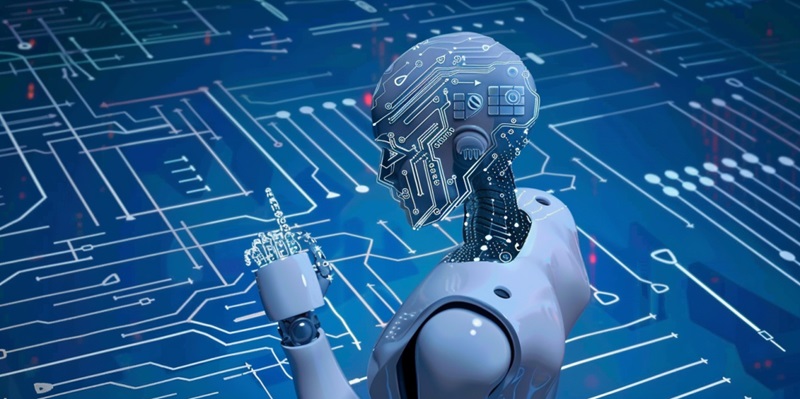The issues of market competition and antitrust regulations have moved into the spotlight once again as federal agencies like the DOJ and FTC set their gaze on the rapidly evolving arena of Artificial Intelligence (AI). As the industry giants face greater scrutiny, the broader implications for the AI market and future innovations are becoming a matter of public interest.
The Onset of Antitrust Investigations in AI
The DOJ and FTC’s Role in Ensuring Fair Play
The Department of Justice and the Federal Trade Commission are the spearheads in the fight to ensure competitive equality in the field of AI. Investigations into companies like Microsoft, OpenAI, and Nvidia are recent examples of these agencies’ increased vigilance. They are not just bureaucratic exercises but a crucial component of keeping the digital economy on a fair and equitable track. At the forefront is the question of whether these AI behemoths are playing by the rules or if their conduct impedes innovation and fair play in the sector.
Scrutinizing Business Practices of AI Titans
Nvidia’s commanding position in the GPU market and Microsoft’s strategic investments and licensing agreements with companies like OpenAI put them under intense scrutiny by the DOJ and the FTC. There’s a growing apprehension that these titan-sized footprints in the market could obstruct the entry gate for smaller innovators, potentially sowing the seeds for a less dynamic AI future.
Potential Implications of Regulatory Actions
Distinct Paths of Antitrust Resolutions
The investigations could lead to various outcomes such as injunctions or orders to undo mergers, but they may also result in out-of-court settlements or aggressive defenses by the companies if they face charges. The stakes are high; the unfolding drama could spell the difference between a vibrant ecosystem of varied players and an industry overshadowed by the longevity of its incumbent titans.
Global Impact and the Multinational Challenge
While the DOJ and FTC are U.S. entities, antitrust scrutiny is not confined within national borders. The watchful eyes of regulatory bodies from Europe to Asia are keenly aware of the actions taken stateside, signaling a potential international chorus advocating for market fairness.
Effect on Innovation and Market Competition
Navigating the Balance Between Control and Freedom
Finding the sweet spot between regulation and freedom is paramount. A market skewed by monopoly is as undesirable as one throttled by overregulation. The challenge lies in crafting and enforcing measures that keep the AI giants on their toes without chaining the ankles of emerging challengers.
The Future Landscape of AI Competition
The domain of market competition and antitrust laws have once again surged to prominence, with federal entities such as the Department of Justice (DOJ) and the Federal Trade Commission (FTC) directing their attention to the swiftly changing field of Artificial Intelligence (AI). Market leaders are now under increased observation, raising questions about the impact on AI’s marketplace and the trajectory of technological advancements. This issue has transcended industry circles to capture the public’s concern.

